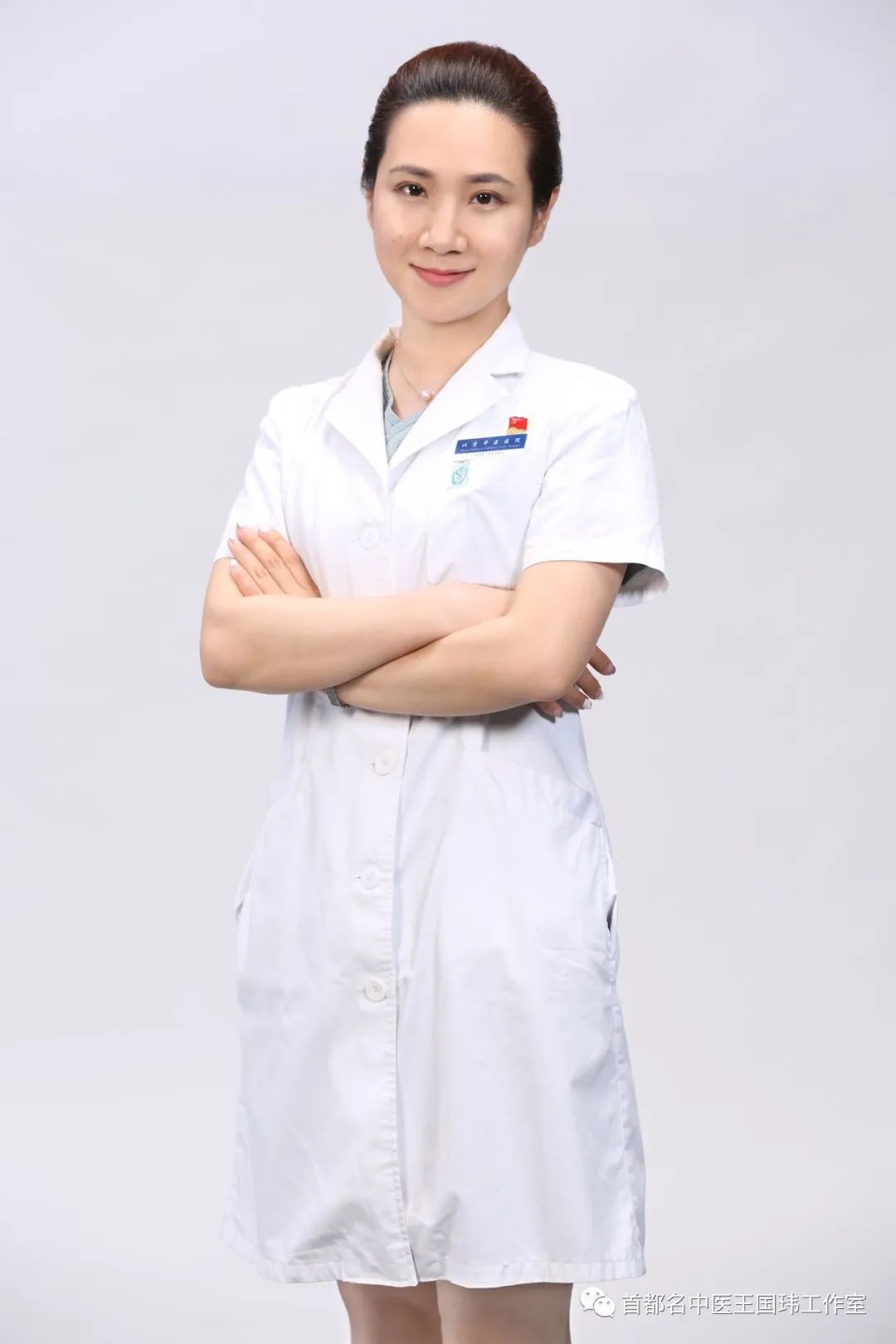
Internal injury diseases refer to a category of diseases caused by internal factors, as opposed to external pathogenic factors such as the six excesses. The concept of internal injury diseases first appeared in the ‘Huangdi Neijing’ (Yellow Emperor’s Inner Canon), with phrases like “overwork leads to shortness of breath and sweating, affecting both internal and external, thus depleting qi” and “excessive eating harms the intestines and stomach.” Throughout history, various physicians have discussed internal injury diseases, which can be classified into those caused by emotional disturbances and those caused by dietary issues.
In the ‘Golden Mirror of Medicine’, the section on ‘General Overview of Internal Injuries’ states: “Internal injuries from overwork harm the spleen qi, while dietary issues harm the stomach and its form.” This is a high-level summary based on the main causes, pathogenesis, and treatment characteristics of internal injury diseases as described in Li Gao’s ‘Treatise on the Spleen and Stomach’, one of the four great masters of the Jin and Yuan dynasties. As stated in ‘Treatise on the Spleen and Stomach’, “If diet is irregular, it leads to stomach diseases; stomach diseases cause shortness of breath and lack of spirit, resulting in great heat, sometimes manifesting as fire rising and scorching the face,” and “If the body is overworked, it leads to spleen diseases; spleen diseases cause lethargy and a desire to lie down, with limbs feeling heavy and diarrhea occurring. When spleen and stomach are diseased, the stomach cannot independently manage its fluids, thus leading to further illness.”
01
The Theory of Spleen and Stomach Injury in the ‘Golden Mirror of Medicine’

(1) Overwork Injures the Spleen Basic Pathogenesis: Qi deficiency leading to descent, with yin fire ascending, often accompanied by damp-heat pathogenic factors. Symptoms: Weak and large pulse, headache, exterior heat with spontaneous sweating, irritability, thirst, aversion to cold and wind, fatigue, and shortness of breath upon exertion. If damp-heat is present, symptoms may include irregular bowel movements, diarrhea with pus and blood, heaviness in the limbs, joint pain, fluctuating weight, excessive salivation, discomfort in the chest, lack of appetite, bitter taste in the mouth, and dry tongue. Treatment Principles: Tonify yang qi, clear heat, and eliminate dampness. Representative Formulas: Bu Zhong Yi Qi Tang (Tonify the Middle and Augment the Qi Decoction), Tiao Zhong Yi Qi Tang (Regulate the Middle and Augment the Qi Decoction), Sheng Yang Yi Wei Tang (Raise Yang and Benefit the Stomach Decoction), Bu Pi Wei Xie Yin Huo Sheng Yang Tang (Tonify the Spleen and Stomach, Drain Yin Fire and Raise Yang Decoction), Qing Shu Yi Qi Tang (Clear Summer Heat and Augment Qi Decoction), Qing Zao Tang (Clear Dryness Decoction), Sheng Yang San Huo Tang (Raise Yang and Scatter Fire Decoction), Huo Yu Tang (Fire Stagnation Decoction), etc.

Commonly Used Herbs: Huang Qi (Astragalus), Bai Zhu (White Atractylodes), Ren Shen (Ginseng), Gan Cao (Licorice) for qi tonification; Sheng Ma (Cimicifuga), Chai Hu (Bupleurum), Ge Gen (Kudzu) for raising yang qi; Zhu Ling (Polyporus), Fu Ling (Poria), Ze Xie (Alisma) for promoting urination and draining dampness; Shi Gao (Gypsum), Huang Qin (Scutellaria), Huang Lian (Coptis), Huang Bai (Phellodendron) for clearing heat. Additionally, herbs like Cang Zhu (Atractylodes), Qiang Huo (Notopterygium), Du Huo (Angelica), Fang Feng (Saposhnikovia), and Chen Pi (Tangerine Peel) are commonly used, all possessing warming and dispersing properties, with most being wind-dispelling and dampness-eliminating herbs. These herbs both raise and disperse the descending yang qi and have a drying effect on dampness.

(2) Dietary Injury to the Stomach Basic Pathogenesis: Dysfunction of the digestive function of the spleen and stomach. Symptoms: Poor appetite, food not digesting, bloating, belching, lack of appetite, sour regurgitation, nausea, and symptoms of food injury, along with sticky and foul-smelling stools, red and scanty urine, preference for cold foods, and sores on the tongue and mouth. Treatment Principles: Strengthen the spleen, regulate qi, transform dampness, harmonize the middle, awaken the spleen, and clear the stomach to aid digestion. Representative Formulas: Zi Sheng Wan (Nourishing Life Pill), Kai Wei Jin Shi Tang (Open the Stomach and Promote Eating Decoction), Qing Wei Li Pi Tang (Clear the Stomach and Regulate the Spleen Decoction), Ge Hua Jie Cheng Tang (Kudzu Flower Decoction for Hangover) etc.

Commonly Used Herbs: Spleen-strengthening herbs such as Ren Shen (Ginseng), Bai Zhu (White Atractylodes), Fu Ling (Poria), Zhi Gan Cao (Honey-fried Licorice), and Lian Zi (Lotus Seed); Qi-regulating herbs like Huo Xiang (Agastache), Chen Pi (Tangerine Peel), and Mu Xiang (Aucklandia); Digestive herbs like Mai Ya (Barley Sprout) and Shen Qu (Fermented Mass). Zi Sheng Wan contains the bitter and cold Huang Lian (Coptis), while Kai Wei Jin Shi Tang includes the warming and spicy Ding Xiang (Clove).
02
Chronic Liver Disease Patients Should Pay Attention to Spleen and Stomach Regulation

The spleen and stomach reside in the middle jiao, responsible for receiving and transforming food and fluids. The pivot function of the spleen ascending and the stomach descending relies on the smooth flow of liver qi. The spleen is the foundation of postnatal life, receiving and absorbing the essence of food to nourish liver blood, thus the liver and spleen physiologically complement each other.
In pathological states, excessive liver qi can counteract the spleen’s earth, leading to disharmony between the spleen and stomach, or the spleen may lose its ability to transport, resulting in internal damp-heat, which obstructs the liver and gallbladder. Therefore, Zhang Zhongjing in the ‘Jinkui Yaolue’ emphasized the relationship between the liver and spleen, stating that “when liver disease is observed, one should know that the liver transmits to the spleen, and one must first tonify the spleen,” highlighting the importance of strengthening the spleen in the treatment of liver diseases.

Chronic liver diseases such as chronic hepatitis and liver cirrhosis primarily affect the liver and gallbladder, but often present with symptoms of fatigue, abdominal distension, and loose stools due to spleen and stomach disharmony. The teacher often uses Sheng Huang Qi (Fresh Astragalus), Dang Shen (Codonopsis), Chao Bai Zhu (Fried White Atractylodes), Fu Ling (Poria), Lian Zi (Lotus Seed), and Bai Bian Dou (White Hyacinth Bean) to strengthen the spleen and benefit qi, along with Chen Pi (Tangerine Peel), Sha Ren (Amomum), Mu Xiang (Aucklandia), Xiang Yuan (Citron), and Fo Shou (Buddha’s Hand) to regulate qi and relieve distension, restoring the qi mechanism of the spleen and stomach. For diarrhea symptoms, careful differentiation is needed; spleen and stomach deficiency with cold manifests as abdominal coldness, aversion to cold, early morning diarrhea, and a pale tongue with a thick white coating, for which the teacher often uses Huo Xiang (Agastache), Shan Yao (Chinese Yam), and Bai Dou Kou (White Cardamom) combined with tonifying kidney and spleen herbs. If there is damp-heat in the intestines, symptoms may include abdominal pain before defecation, sticky stools, and a red tongue with a greasy coating, for which the teacher often uses Cang Zhu (Atractylodes) and Huang Lian (Coptis) to dry dampness and stop diarrhea.
03
Excessive Worry Leads to Injury of Both Heart and Spleen

In contemporary society, the employment structure has changed, with mental laborers accounting for more than half. Excessive worry or mental labor has become a new form of labor, which injures the spleen and secretly depletes heart blood. Therefore, in our outpatient clinic, we often see patients who overthink and become easily entangled in their thoughts, or mental laborers who suffer from insomnia and palpitations for years, which is the result of injury to both heart and spleen. The teacher often uses Mai Dong (Ophiopogon), Wu Wei Zi (Schisandra), and Tai Zi Shen (Pseudostellaria) to soothe the liver, regulate qi, strengthen the spleen, nourish blood, and calm the spirit. Additionally, such patients are often advised to learn to relax mentally, avoid excessive internal consumption of thoughts, and combine appropriate medications to achieve a “twice the result with half the effort” therapeutic effect.


Yuan Meng, female, Master of Medicine, attending physician in TCM internal medicine, member of the Communist Party. Graduated from the Capital Medical University School of Traditional Chinese Medicine, with graduate mentor Professor Che Niancang. Since 2011, she has been practicing at the liver disease outpatient clinic (Infectious Disease Department) of Beijing Hospital of Traditional Chinese Medicine. She has studied under former Vice President of Beijing Hospital of Traditional Chinese Medicine, Director Wang Guowei, and former Dean of Capital Medical University School of Traditional Chinese Medicine, Professor Che Niancang, fully inheriting the academic experience and treatment methods of the famous liver disease physician Wang Hongshi. As a key staff member of the ‘Wang Hongshi Famous Doctor Research Office’, she has been engaged in the academic inheritance and research of famous old TCM doctors, participating in the compilation of professional books such as ‘Analysis of Wang Hongshi’s Liver Disease Correspondence Diagnosis’ and ‘Wang Guowei on TCM Treatment of Liver Disease’, and has published several professional papers. She specializes in the integrated treatment of various acute and chronic liver diseases, such as chronic viral hepatitis, autoimmune liver disease, fatty liver, liver cirrhosis and its complications, drug-induced hepatitis, cholecystitis, etc., as well as TCM conditioning for sub-health. Outpatient Location: Beijing Hospital of Traditional Chinese Medicine Liver Disease Outpatient Clinic Outpatient Time: Friday morning


